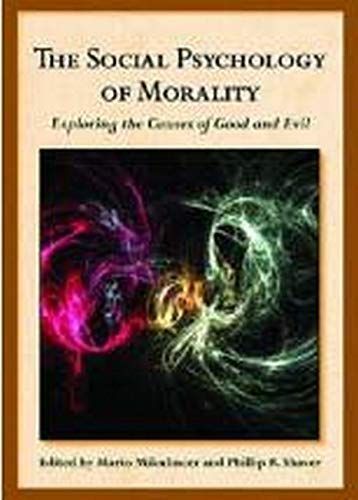
The Social Psychology of Morality Exploring the Causes of Good and Evil
Humans are universally concerned with good and evil, although one person's "evil" can be another person's "good." How do individuals arrive at decisions about what is right and what is wrong? And how are these decisions influenced by psychological, social, and cultural forces? Such questions form the foundation of the field of moral psychology. In trying to understand moral behavior, researchers historically adopted a cognitive-rationalistic approach that emphasized reasoning and reflection. However, a new generation of investigators has become intrigued by the role of emotional, unconscious, and intra- and interpersonal processes. Their explorations are presented in this third addition to the Herzliya Series on Personality and Social Psychology. The contributors to this volume begin by presenting basic issues and controversies in the study of morality; subsequent chapters explore the psychological processes involved, such as the cognitive mechanisms and motives underlying immoral behavior and moral hypocrisy. Later chapters discuss personality, developmental, and clinical aspects of morality as well as societal aspects of good and evil, including the implications of moral thinking for large-scale violence and genocide. The wide-ranging findings and discussions presented in this volume make this work a provocative and engaging resource for social psychologists and other scholars concerned with moral judgments and both moral and immoral behavior.